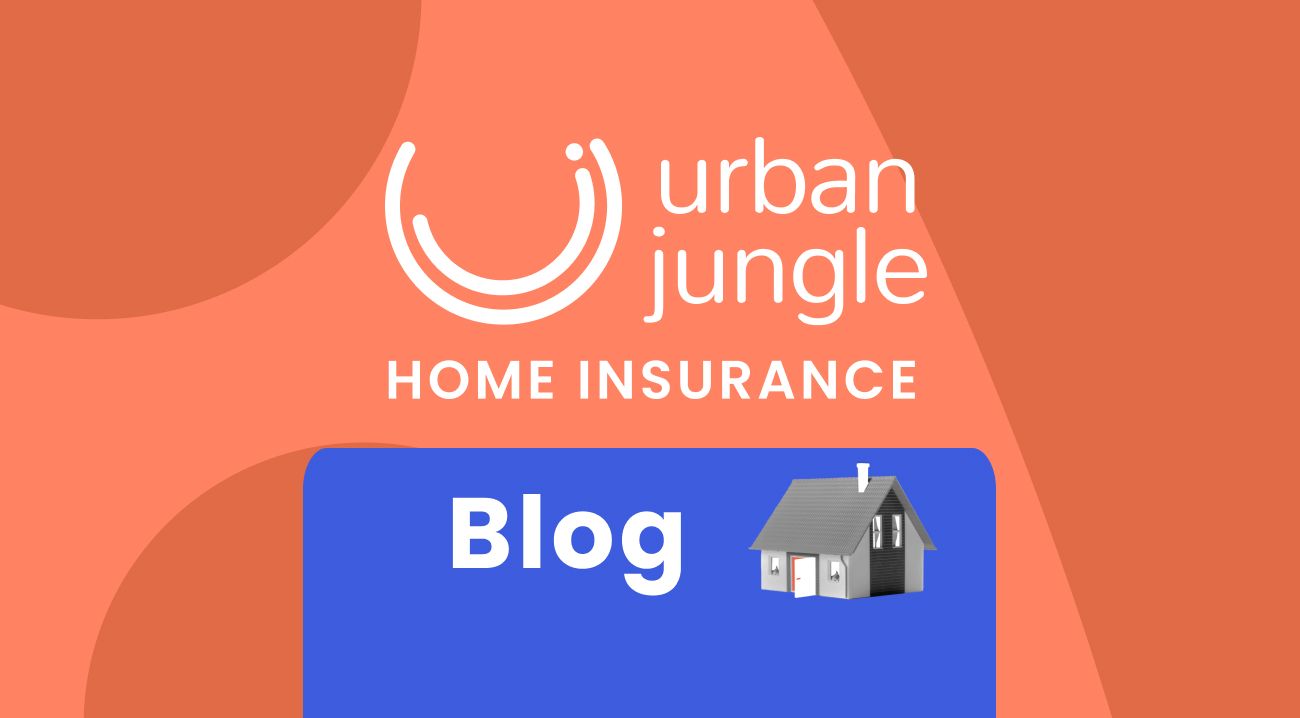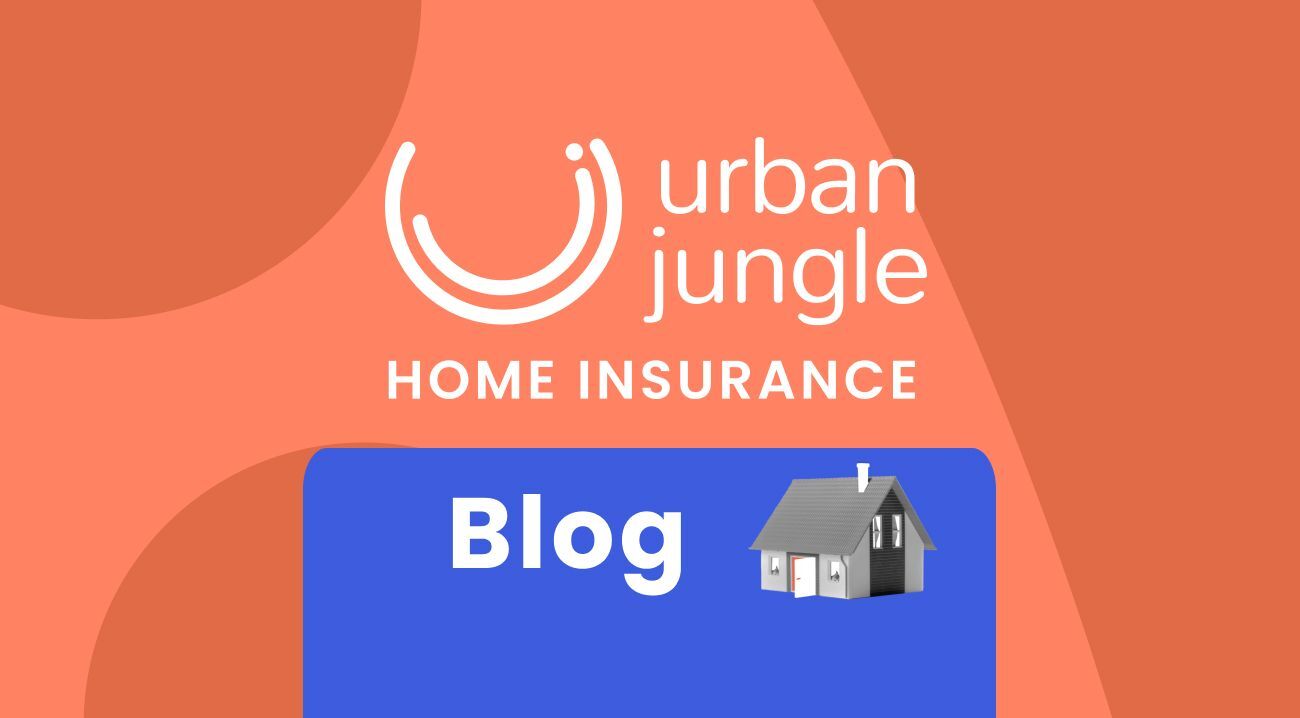Is it worth buying the freehold of my house?

Is it worth buying the freehold of my house?
If you’ve ever gone through the process of buying a home, you’ll know that there are quite a few hoops to jump through first — property hunting, budget calculating, mortgage applications, and a fair amount of paperwork to boot! But at least that’s the last of it, right? Well, if you’ve bought a leasehold then you might have one more box to tick off later down the line… Should you buy the freehold to your home?
This can be a tricky decision and we don’t blame you if you’re unsure what to do next. How is a leasehold different from a freehold? And, is buying the freehold to your home worth the money? If you’re looking for the answers to these questions, you’ve come to the right place. Let’s get down to business…
Freehold vs leasehold
The difference between “freehold” and “leasehold” isn’t too complicated once you get to know the basics. Let’s check out the definitions for each of these terms first…
Freehold means you own your property outright. That includes the building, the land it’s built on, and even the air directly above it! If you have a freehold, then that’s a forever agreement — you can own that property as long as you live (unless you want to sell up) and you’ll have full rights to pass it onto a loved one in your will.
Leasehold means you have temporary ownership of a property for a set period of time (as written in your lease agreement). Once the lease period expires, ownership usually reverts to the freeholder, unless they agree to extend your lease. In this way, it’s not dissimilar to a tenancy agreement — it’s your home, but you won’t have the right to live there permanently. You can sometimes pass an active leasehold onto a loved one in your will, but there’s no guarantee they’ll be able to extend the lease.
While you’ll find more freehold properties available on the market, there are still roughly 4.5 million leasehold homes in the UK. These leaseholds can be a good fit for many buyers as they’re generally much cheaper, but they do lack some of the perks that come with freeholds. More on that next…
What are the benefits of buying freehold?
So let’s say you’re currently living in your home under a leasehold — how might buying the freehold to that property benefit you? Here’s a quick run down:
- You won’t need to worry about your lease running out and/or your request to extend your lease being denied.
- You won’t need to deal with a landlord or the property freeholder. That’s an added bonus if they’re unreasonable or difficult to talk to.
- You can handle the upkeep of the property yourself — ie. you won’t need to pay a property maintenance company each month as many leaseholders do.
- There will be fewer restrictions around what you can do with your property. Depending on the agreement, many leaseholders are unable to start a business from home or rent out their house.
- You’ll have more freedom to make renovations to your property — for example, if you wanted to add value to your home by installing a new kitchen or by adding an extension.
Essentially, buying the freehold to your home can make quite a difference. But it’s up to you to decide how much a freehold is worth to you.
Can I buy the freehold of my leasehold house?
So let’s say you’re totally convinced and ready to go — can anyone buy the freehold to their home? And, how long does it take to buy the freehold? Well, it depends on your individual circumstances, but there are three routes to consider…
- You can ask the freeholder if they’re interested in selling the property — this is sometimes called the informal route and it’s a good place to start as it can save time and money in legal fees. If you’re lucky, the freeholder will agree and then it’s just a matter of financing the buy.
- You can apply to buy your home by raising a legal dispute — this could take a bit longer. Basically, you have a right to buy the freehold to your home as long as you meet certain criteria. Crucially, you must be leasing a whole property (not a flat or section within a property) which is reasonably considered a house. You would also need a long-term lease for this route, normally for a term of at least 21 years with the right to extend the lease. To check if you have a claim, contact The Leasehold Advisory Service.
- If you live in a property with multiple leaseholders (ie. a block of flats), you could ask to buy a share of the freehold. You’ll need to spend some time convincing at least 50% of the leaseholders to do the same and you might need to set up a company to manage the building (or hire a managing agent). With this route, you can usually extend your lease for up to 999 years.
How much to buy freehold?
So now you know how to buy a freehold, you might be wondering how much does it usually cost? Well, how much to buy the freehold ultimately differs from property to property — it can depend on the length of lease you have and, of course, the value of the property itself. But what we can tell you, is that the cheapest way to buy a freehold is to reach an agreement with the owner. The legal fees involved in a dispute can raise the costs significantly.
A few final tips…
If you’re going to ask the owner to buy the freehold, it’s a good idea to put your request in writing first. You can do this via letter or email, but you’ll want to keep a record of when that request was sent — you might need it later on if you seek legal support.
To discuss managing a dispute, contact: The Leasehold Advisory Service.
Purchasing the freehold to make changes to your home? Why not check out: Renovating a house on a budget’.
Ever heard of a flying freehold? Learn more in: ‘What is a flying freehold’.





